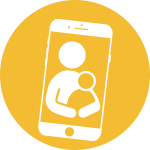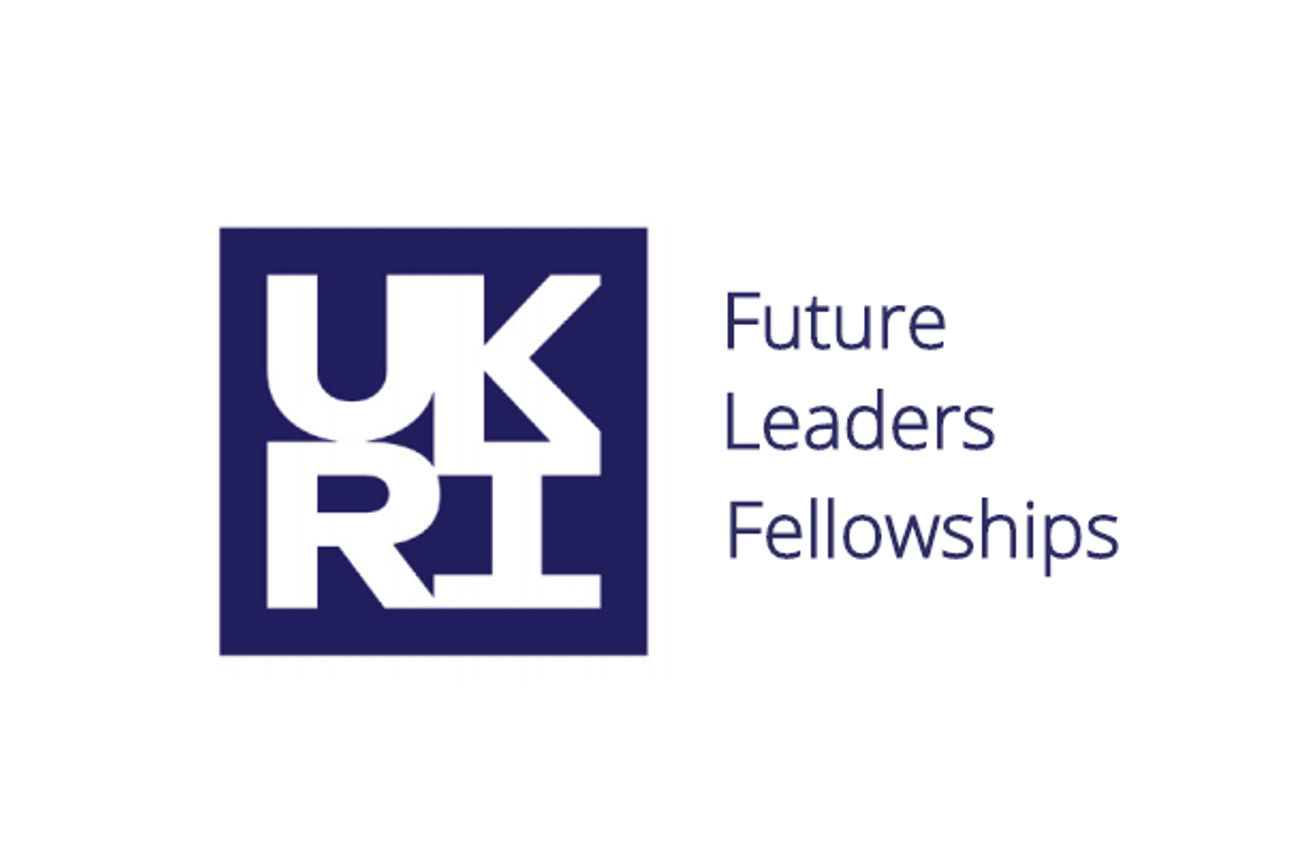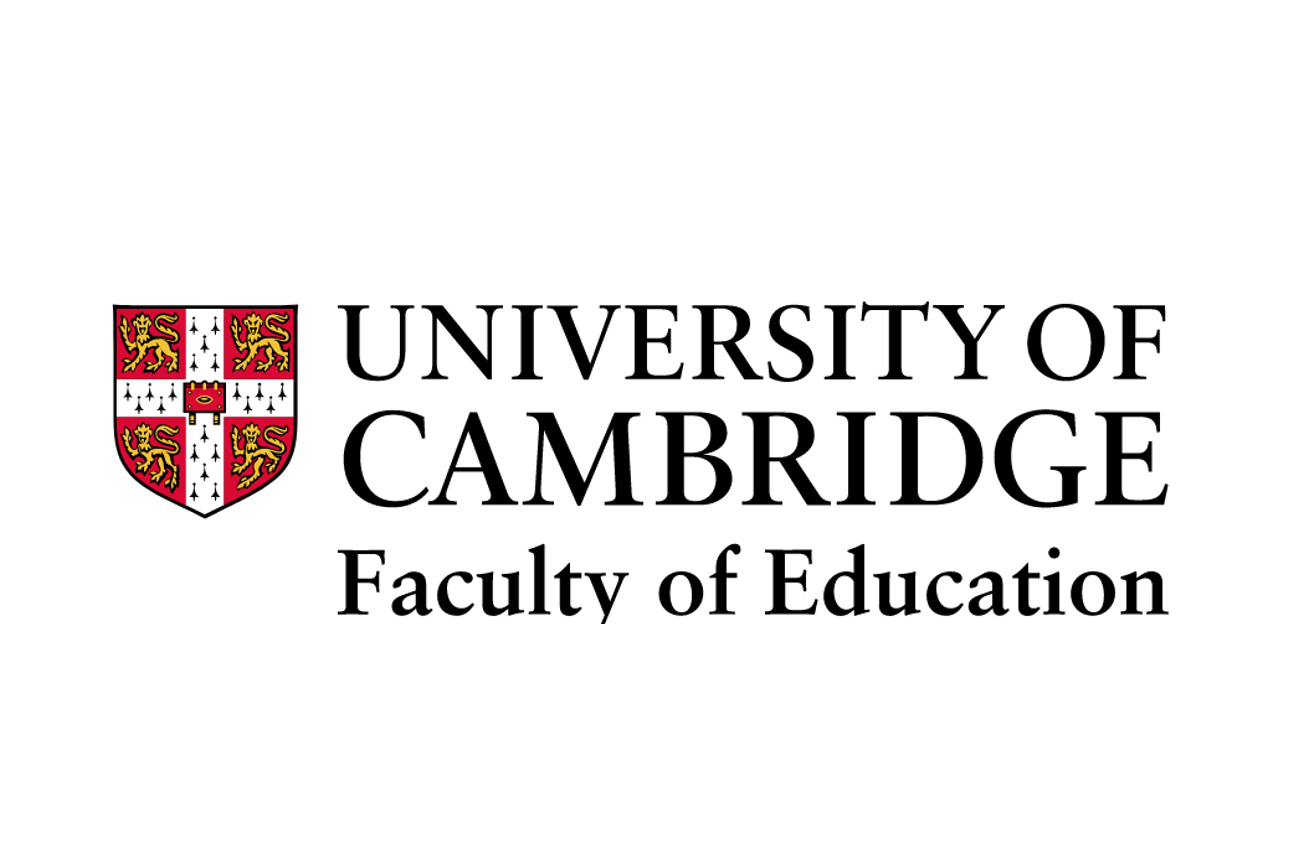The first years of childhood can help to lay the foundations that support children in enjoying healthy, happy, and productive lives now and into the future.
One in six children in the UK will experience a mental health problem during childhood. If these problems last, it can be harder for children to reach their full potential and there can be knock-on effects in their future education, work, and social lives. We need to find ways to widen access to early effective supports that help families, communities, and services to provide children with responsive and nurturing care. These early relationships help children to develop strong mental health that can last into adulthood.
It can be especially powerful to provide support to families right from the start of children’s lives. Young children’s brains develop at a faster rate in their first five years than at any other point in their lifetime. This means that babies and toddlers are uniquely shaped by the world and people around them and can be particularly responsive to early relationships and experiences.
Research evidence increasingly tells us that programmes that support caregivers to provide nurturing care can make a real difference in children’s lives. Yet challenges remain in making these programmes available to families in a way that fits with the demands of real-world services. Learning more about the priorities and needs of families and service providers will help us to tackle barriers to access and streamline supports to maximise effectiveness.
The ultimate goal of this project is to provide every child who is at risk of developing mental health problems with personalised support early on. Our work has three key areas, outlined below.

Area 1. Develop tools to support shared decision-making around early identification
We will work directly with families and services to develop a state-of-the-art approach to help services and families decide if children would benefit from early, personalised support.

Area 2. Identify the key ingredients of helpful parenting programmes
We will identify the key ingredients of helpful parenting programmes. This will help us develop a set of principles for support that can be used in the different contexts of family life and maximise the power of these ingredients in existing programmes.

Area 3. Increasing access to effective and engaging programmes.
We will use state-of-the-art methods in service design and adaptation and cutting-edge digital technologies to put effective programmes directly into the hands and homes of more families.
This work is supported by a UKRI Future Leaders Fellowship, led by Dr Christine O’Farrelly.

Find out more about the funders of this work
Read more about the UKRI Future Leaders Fellowship scheme

Read more in the Faculty of Education news
Read more about our project in the Faculty of Education news
